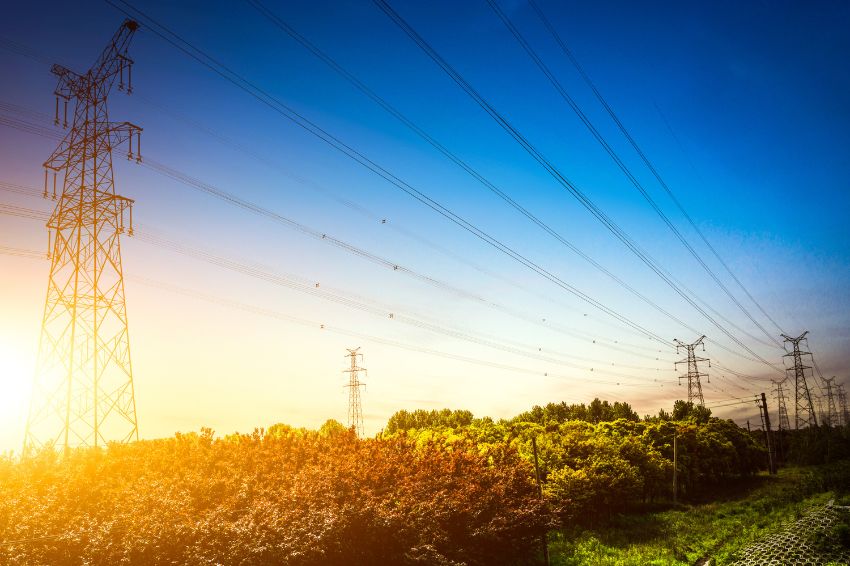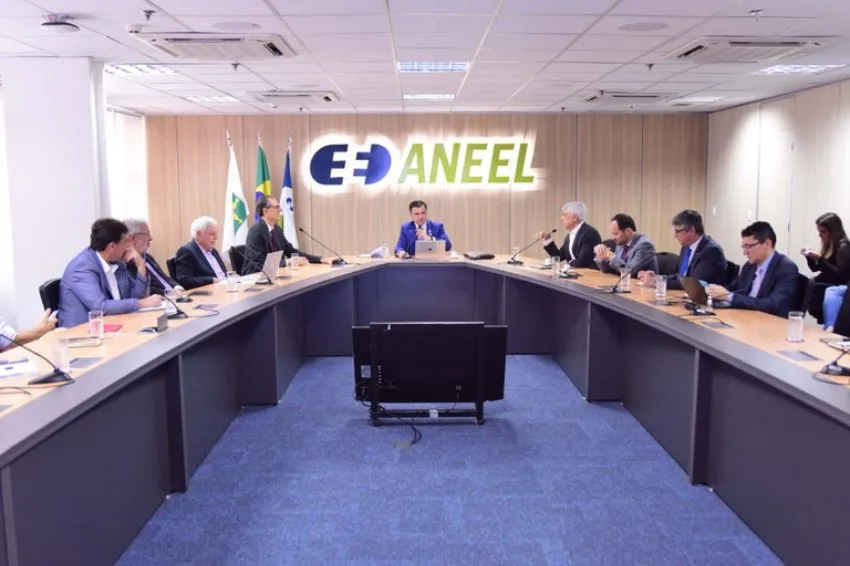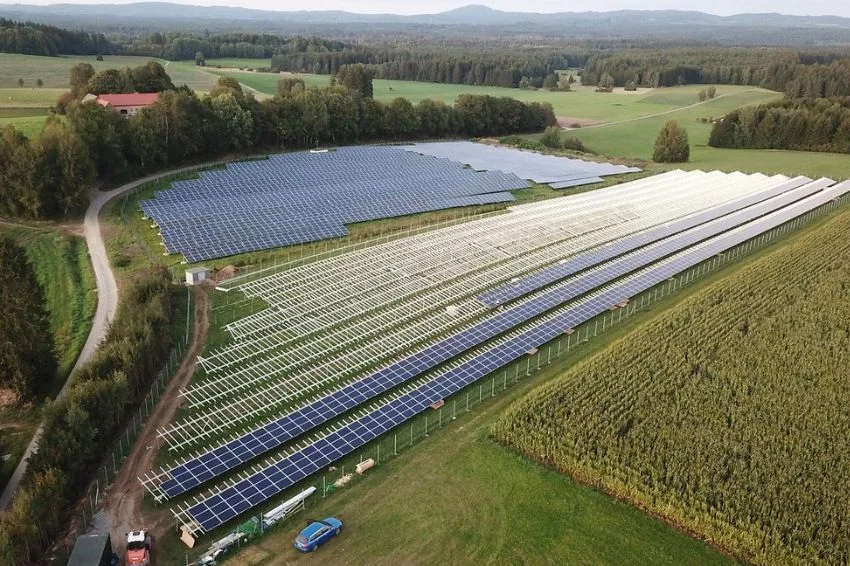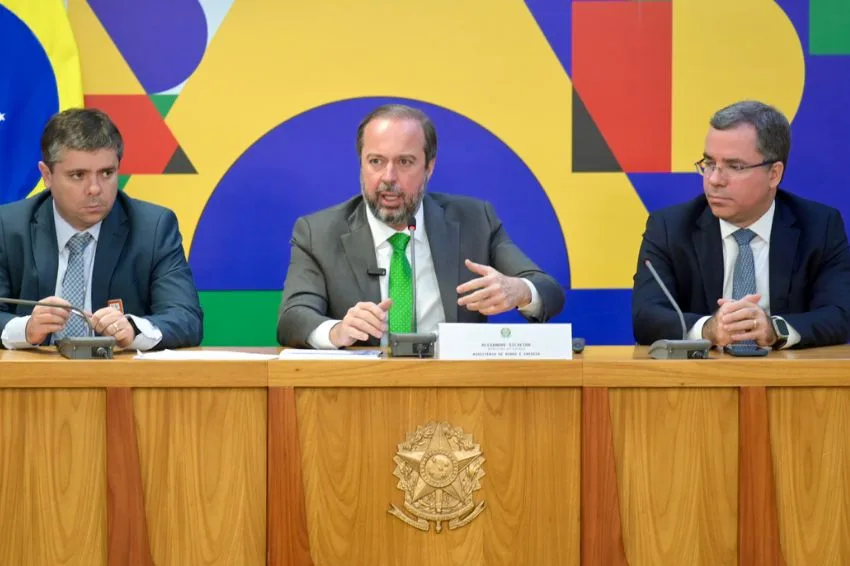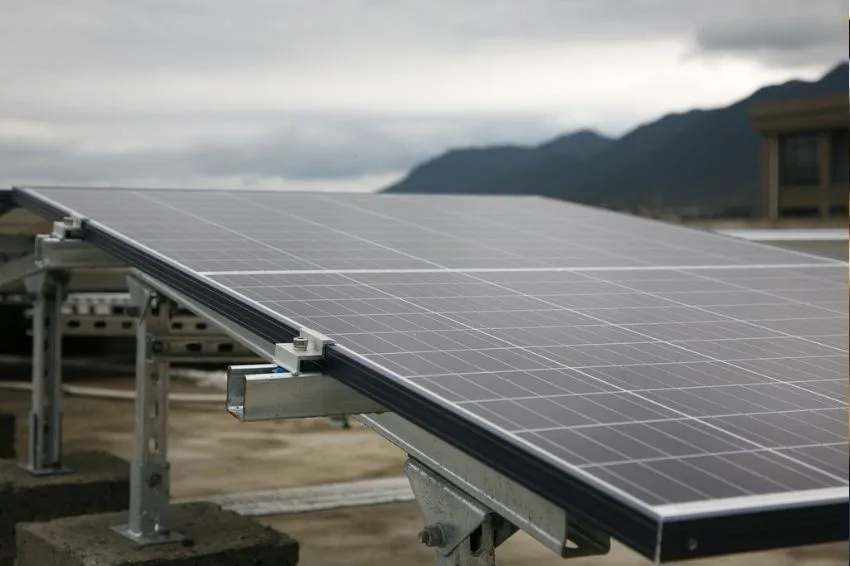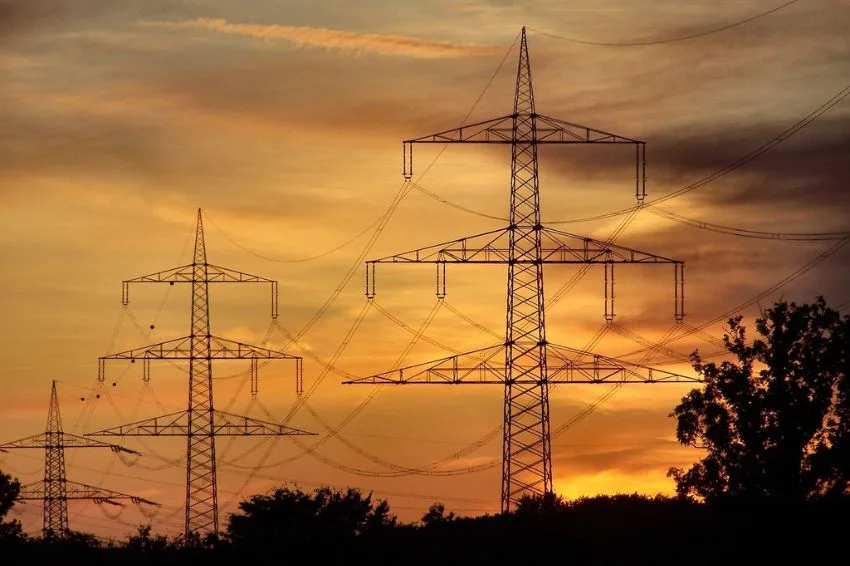As reported by Solar Channel, the MME (Ministry of Mines and Energy) published, on September 28th, the Ordinance 50/2022, allowing consumers classified as Group A to purchase electricity from any supplier from January 2024.
MME publishes ordinance opening Mercado Livre for Group A consumers
Therefore, given a promising growth scenario, it becomes even more fundamental align operational strategies to keep active in competition in this market. This is what you assessed Claudio Wagner, account executive at G2, a consultancy specializing in SAP Business One.
“We need to emphasize that the free energy market He is already 27 years old. And, amidst great expansion opportunities with its opening, maintaining outdated management models such as the use of accessory spreadsheets for business management, can put the company's performance at risk”, he pointed out.
With this in mind, Wagner said that it is not difficult to find several options available on the market, which are “guaranteed” to give quick results after implementation.
“Above all, a warning is in order: it is important to separate the 'wheat from the chaff' when choosing ERP (Enterprise Resource Planning). In other words, before adopting a tool, it is necessary to take into account essential aspects in the acquisition that will, in fact, meet the company's needs - such as management, accounting control modules, tax, sales, services, among others”, highlighted.
“And, when it comes to the energy trading sector, which has its considerations and particularities, I qualify the minimum points in your choice of a true ERP”, he emphasized. Below are the questions he raised:
Process coverage: the software needs to guarantee maximum coverage of operations, bringing together the vital functions of the organization, avoiding the need for complementation by other systems and preferably avoiding the proliferation of “homeland saviors” – the famous spreadsheets.
Meet critical functionalities: the ERP must have the ability to integrate with specialist systems as well as vital activities, such as reconciliation of banking services. But also other specific ones, such as meeting accounts, which are so normal in operations in the free energy market.
Scale and performance: it is crucial that the system comfortably accommodates the growth potential of the free market that is now emerging, serving today and tomorrow with performance – given the projection of consumer growth on a scale of hundreds of thousands.
Visibility of the financial position: the price of energy has fluctuation characteristics that are sometimes very sudden and important – a condition inherent to the greater or lesser availability of energy resources in our Brazilian electrical matrix.
Therefore, quick and often real-time actions will need to be taken, for example, market conditions that require reaction to issues of breach of contracts or potential defaults.
Extensibility and customization: a system that is rigid, inflexible, does not meet the dynamics of the modality. Therefore, the ERP needs to have multiple layers of access to it, allowing flexibility to expand functionalities and adapt to your company's specific processes. In simpler words, the system needs to be able to adapt to your company and not the other way around.
Integration capacity: every company that operates in this segment has its specialized or dedicated system to serve specific parts of the operation. An example is ETRM (Energy Trading and Risk Management) software, which among other functions controls your “book” and your position, so your ERP must fully support integration with these systems.
Issuing reports from simple to complex: there is no point in the company growing without due close monitoring of the normal pains arising from this growth. To achieve this, the management software needs to have extensive reporting capabilities, for possible consultations, but primarily to help with decision-making.
Furthermore, the availability of visualizations of KPIs (key performance indicators) in real time, in a fully configurable user interface, along the lines of “web clients”, is highly desired.
Licenses: the ERP must have a licensing system that meets the characteristics of current professionals who perform multiple functions within organizations, without limiting or segregating access due to inflexible or limited licenses.
In the executive's view, even given the range of functionalities that involve the acquisition of an ERP, we still deal with the challenge that many see this as an expense, and not an investment to ensure compliance in the company. “Here, a simple reflection is in order – after all, if you, as a manager, think it is expensive to have compliance, try the cost of not having it”.
Thus, Claudio Wagner commented that for company managers who have not yet decided to adopt an efficient ERP, the suggestion is that they do not delay further.
“The opening of the free energy market reveals a promising moment of gains and benefits, which requires a true readjustment of management models, free from the homemade constraints of improvisation. But remember, the road may be long, but there will always be a guiding light in each step towards expansion and growth”, he concluded.


